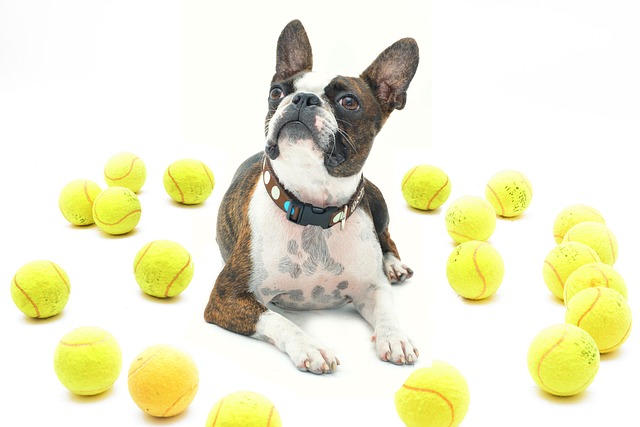
What is glaucoma in a dog?
You might notice your dog squinting more at mealtime or avoiding bright sunlight—these small changes could be early signs of a serious eye condition.
Uncontrolled urination in dogs can catch any owner off guard—one minute your pup’s napping on the couch, the next there’s a damp spot that wasn’t there before. It’s easy to feel frustrated, but jumping to conclusions rarely helps. First, rule out medical issues. Conditions like urinary tract infections, bladder stones, or even hormonal imbalances in spayed females often show up this way. A trip to the vet should be your first move; they might run a urine test or ultrasound to pinpoint the cause.
If the vet gives your dog a clean bill of health, look at behavioral triggers. Stress is a big one. Moving to a new home, adding a family member, or even a change in your work schedule can throw a dog’s routine off balance. Some pups react by having accidents, especially if they’re left alone for longer stretches than usual.
Training plays a role too, even for adult dogs. Reinforcing potty habits with positive reinforcement—like treats or praise when they go outside—can help. If accidents happen indoors, avoid scolding. Yelling might make them anxious, worsening the problem. Instead, clean the area thoroughly with an enzymatic cleaner to remove odors; dogs are more likely to revisit spots that smell like urine.
 Consider your dog’s environment. Older dogs might struggle with mobility, making it hard to get outside in time. Adding a doggy door or placing pee pads in a quiet corner can ease their stress. For breeds prone to separation anxiety, leaving a piece of your clothing with your scent might help them feel more secure when you’re away.
Consider your dog’s environment. Older dogs might struggle with mobility, making it hard to get outside in time. Adding a doggy door or placing pee pads in a quiet corner can ease their stress. For breeds prone to separation anxiety, leaving a piece of your clothing with your scent might help them feel more secure when you’re away.
Don’t forget local laws. Many areas require pet owners to clean up after their dogs in public, but some also have rules about repeated indoor accidents in rental properties. Check your lease or homeowner’s association guidelines to stay compliant. Ignoring these can lead to fines or even disputes with neighbors.
Patience is key. Uncontrolled urination rarely resolves overnight. Whether it’s a medical fix, behavior adjustment, or environmental change, consistency will get you further than quick fixes. Keep track of accidents in a journal—note times, situations, and any patterns. This info will help your vet or trainer tailor a plan that works for your dog’s unique needs.
At the end of the day, your dog isn’t acting out of spite. They’re trying to communicate, even if it’s messy. With the right care and attention, you can help them regain control and strengthen the bond you share.

You might notice your dog squinting more at mealtime or avoiding bright sunlight—these small changes could be early signs of a serious eye condition.

Let’s set the scene: It’s a sweltering Phoenix afternoon—105°F outside—and you rushed your 2-year-old Lab mix, Cooper, on a quick walk to “get it over with.”

Let’s get real: You’re in your Miami apartment, watching your 3-year-old Corgi, Loki, struggle to climb the stairs to your second-floor unit.

Many dog owners brush off occasional scratching as just “dog behavior,” but persistent itching often signals something more—like a food allergy.

You might first notice your dog scratching more than usual—chewing at their paws until the fur looks thin, or rubbing their face against the couch nonstop.

Let’s be real: You’re standing in your Chicago apartment, watching your 3-year-old Beagle, Max, huff and puff just to climb onto the couch.